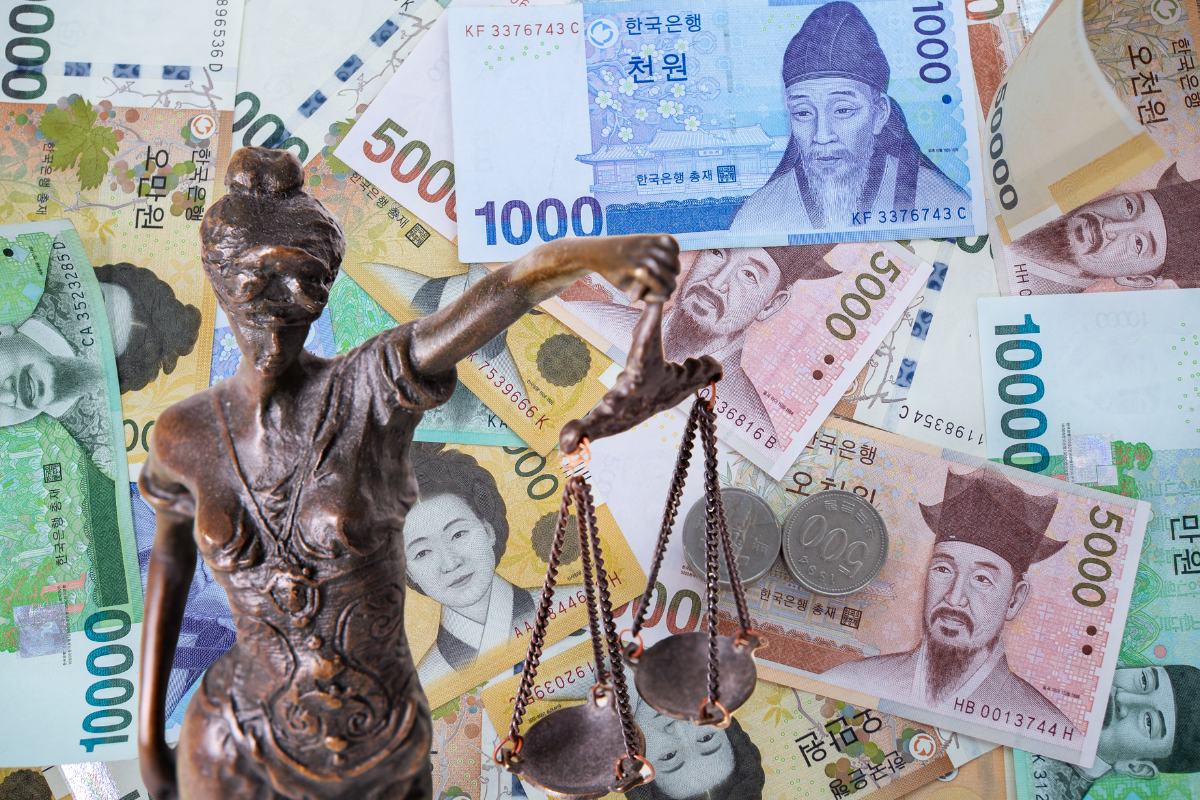SEOUL, South Korea — In a dramatic fall from grace, South Korean President Yoon Suk-yeol spent his first night in jail on January 19, 2025, following his impeachment and subsequent arrest on corruption charges. Yoon, once celebrated as a reformer, now faces allegations of bribery and abuse of power that have plunged the nation into political turmoil.
The arrest came just hours after South Korea’s National Assembly voted decisively to impeach Yoon, a move that capped weeks of intense political debate and public protests. The 63-year-old leader, who took office in 2022, has been accused of accepting illicit payments from business magnates and using his position to interfere in judicial proceedings.
Yoon’s incarceration marks the latest chapter in South Korea’s tumultuous history with its presidents, several of whom have faced legal troubles after leaving office. The nation’s highest court is now set to determine whether the impeachment will be upheld, a process that could take weeks but will likely shape the future of South Korea’s democracy.
A Controversial Presidency
Yoon’s presidency has been polarizing from the start. A former prosecutor-general known for his hardline stance on corruption, Yoon rode a wave of public support to victory in 2022. However, his administration soon became embroiled in scandals, with critics accusing him of betraying his campaign promises of transparency and accountability.
The impeachment proceedings were initiated in December 2024 after whistleblowers came forward with evidence of financial misconduct. The National Assembly’s vote on January 19 was overwhelming, with 230 out of 300 lawmakers supporting his removal from office.
Yoon’s supporters, however, have decried the charges as politically motivated, claiming the president was targeted by rivals seeking to undermine his reform agenda. “This is a tragic day for democracy,” said one of Yoon’s aides in a statement.
Public Outcry and Divided Opinions
The scandal has ignited widespread protests across the country. In Seoul, thousands of demonstrators gathered near the presidential Blue House, demanding justice and a thorough investigation.
Meanwhile, pro-Yoon factions held counter-rallies, denouncing the impeachment as a witch hunt.For many South Koreans, Yoon’s downfall has revived painful memories of past presidential scandals. Former presidents Park Geun-hye and Lee Myung-bak also faced imprisonment on corruption charges, highlighting a persistent pattern of political misconduct in the country’s highest office.
“I’m tired of seeing our leaders abuse their power,” said Kim Ji-woo, a 34-year-old office worker who joined the protests. “We need systemic change, not just a change in leadership.”
What’s Next for South Korea?
Yoon’s detention leaves South Korea in a state of uncertainty. Prime Minister Han Duck-soo has assumed the role of acting president while the Constitutional Court reviews the impeachment.
If upheld, Yoon will become the third South Korean president to be removed from office. Analysts say the scandal could have long-term implications for South Korea’s political landscape. “This is a pivotal moment for the nation,” said political scientist Lee Min-jung. “It’s not just about Yoon but about the need to rebuild trust in government institutions.”
Internationally, Yoon’s downfall may impact South Korea’s relations with key allies, including the United States, at a time when the region faces rising tensions with North Korea and China.
A Reckoning for Accountability
As Yoon faces the possibility of a lengthy prison sentence, South Koreans are grappling with questions about accountability and the resilience of their democracy. While the nation has made strides in addressing corruption, the recurrence of such scandals underscores the challenges of maintaining ethical governance.
For now, all eyes are on the Constitutional Court and the unfolding legal battle that will determine Yoon’s fate—and the future of South Korea’s presidency.



